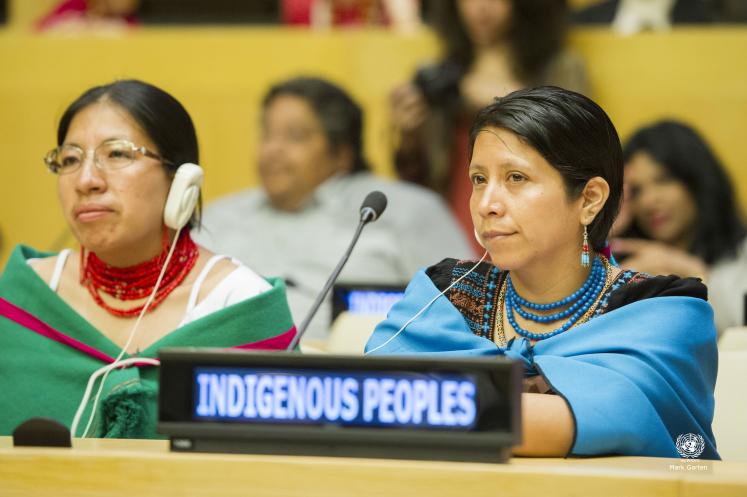The scale of Indigenous migration, often occurring outside legal channels, challenges international rights frameworks designed to protect migrants. These frameworks primarily focus on safe, orderly, and regular migration, which doesn't align with the reality for many Indigenous communities. Facing threats like land dispossession, labor exploitation and gender-based violence, their migration is far from safe and orderly, and states have yet to provide adequate protection.
In response, Indigenous communities have developed their own strategies, including human rights education, to defend their rights and seek justice. This report draws on the direct experiences of Indigenous migrant communities, aiming to highlight these grassroots practices to inform policy at local, national and international levels.
This report proposes a novel approach to human rights literacy and advocacy for policymakers to draw on which is centred on valuing Indigenous Knowledges, Networks, Ownership and Words (what we call the KNOW framework). The framework is grounded in community practices and has been developed in consultation with Indigenous communities in Guatemala, Mexico, and the United States through the lens of critical rights literacy.
Access "KNOW Your Rights: A Critical Rights Literacy Framework Based on Indigenous Migrant Practices across Guatemala, Mexico, and the United States" here.
The report is also available in Spanish, here.
Suggested citation: KNOW your rights : UNU-CPR, 2024.


